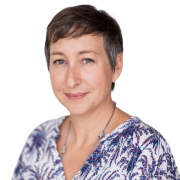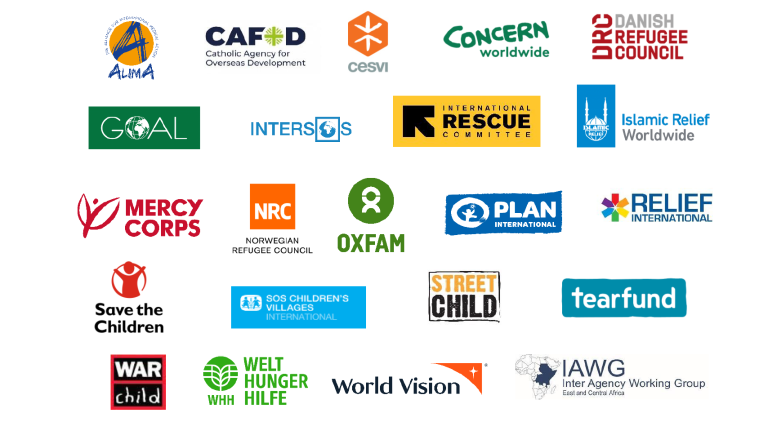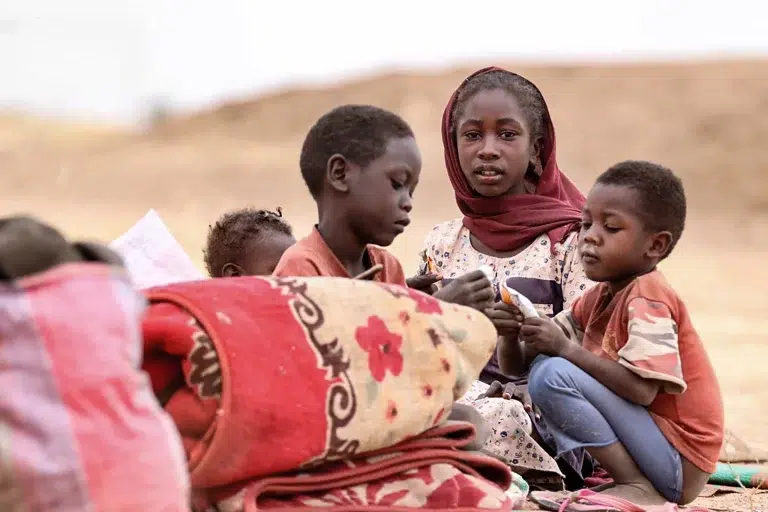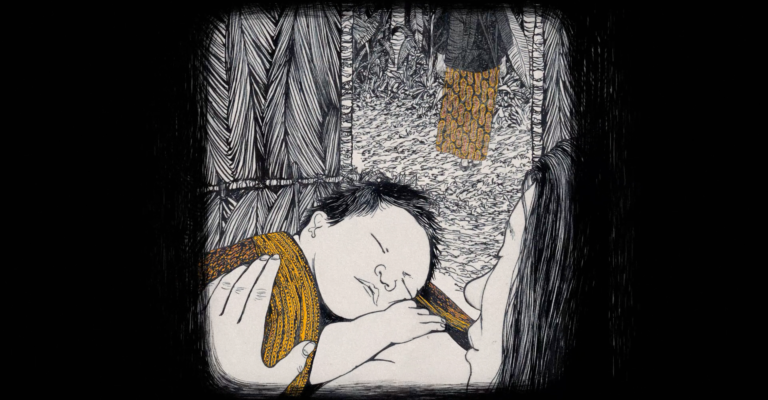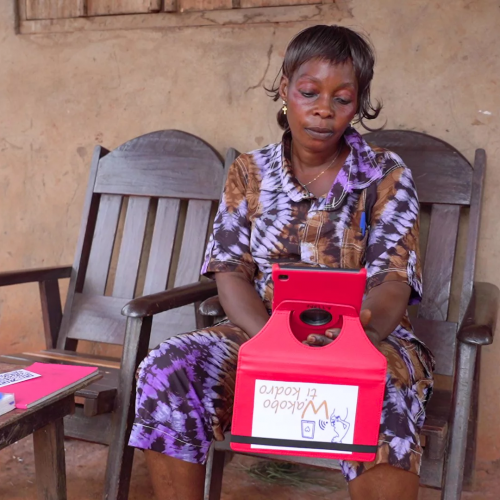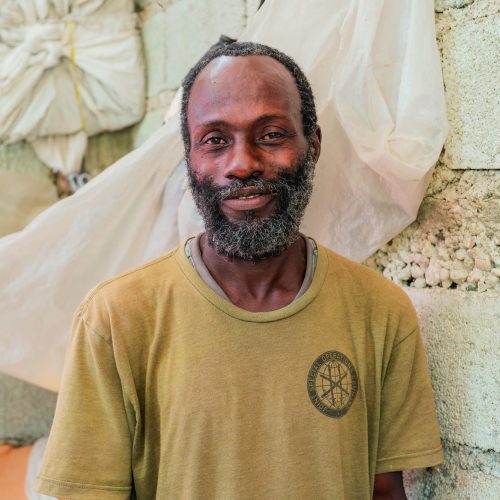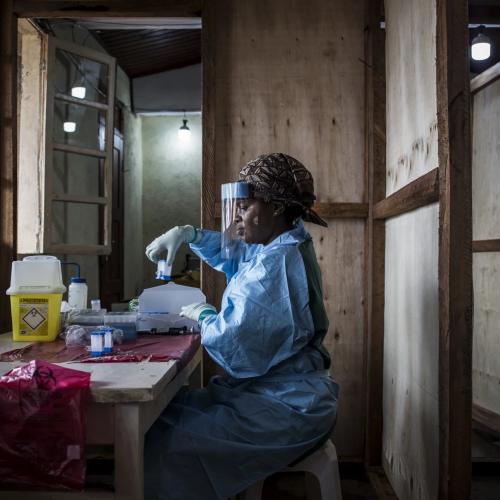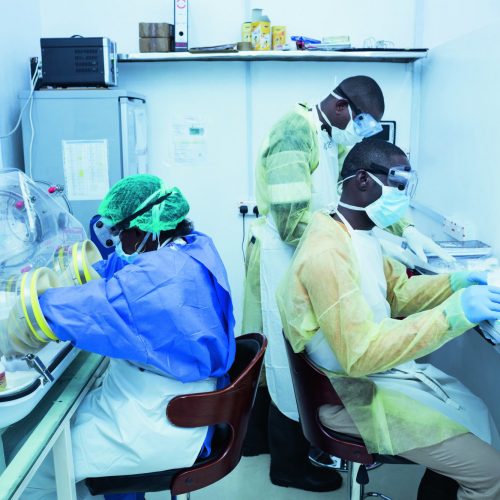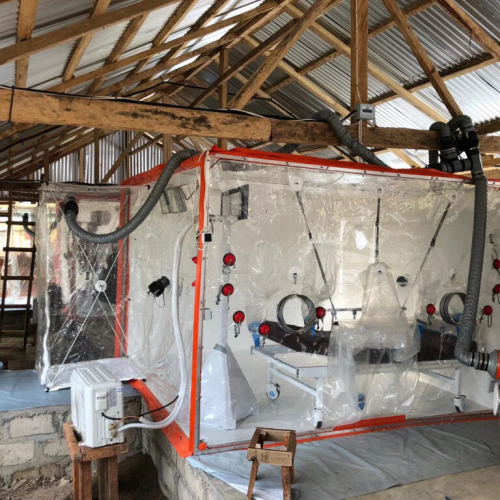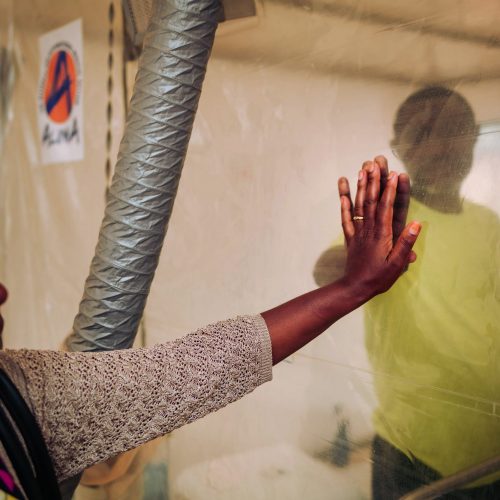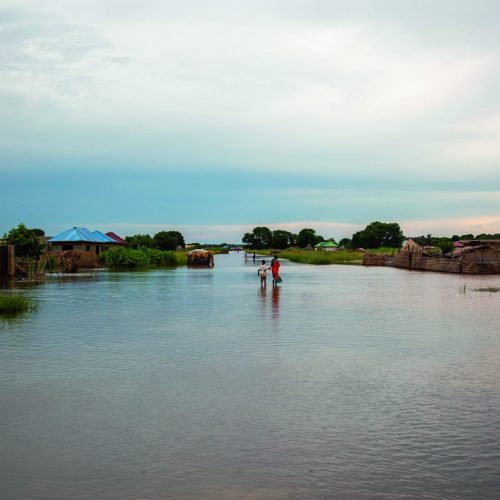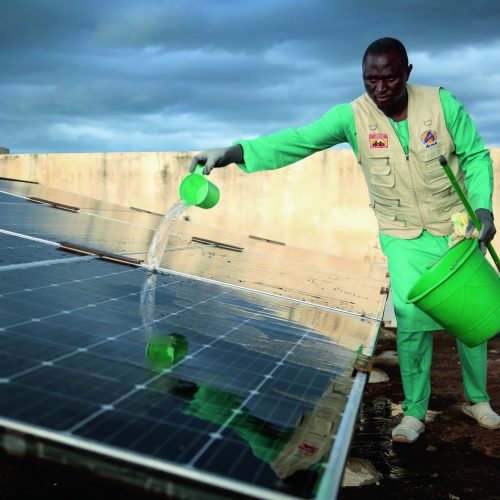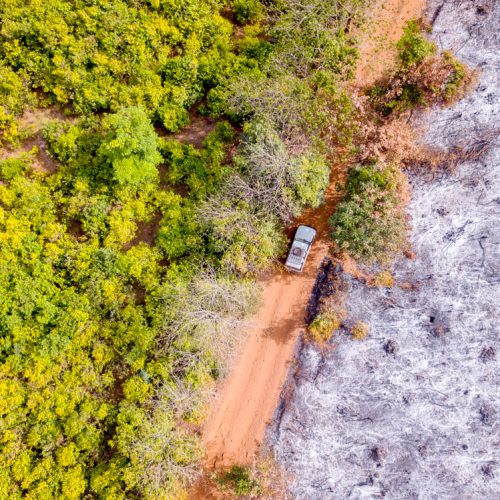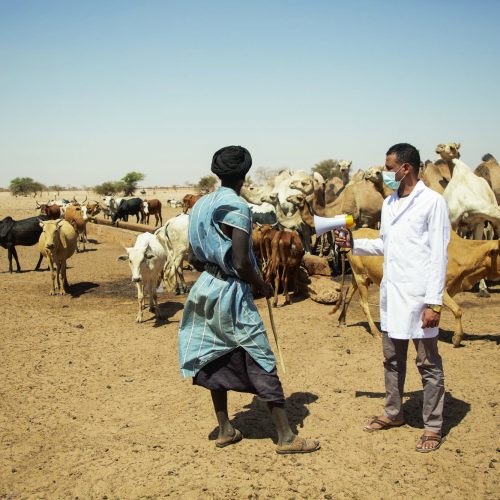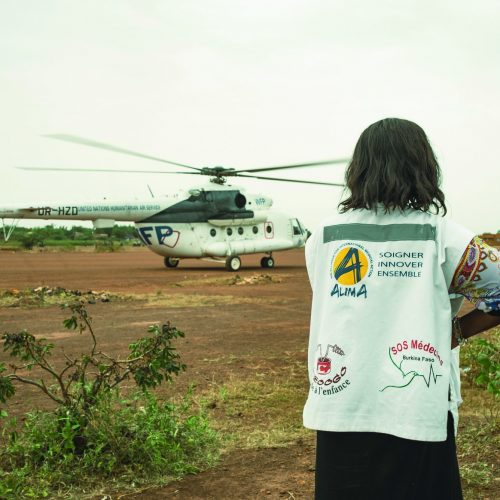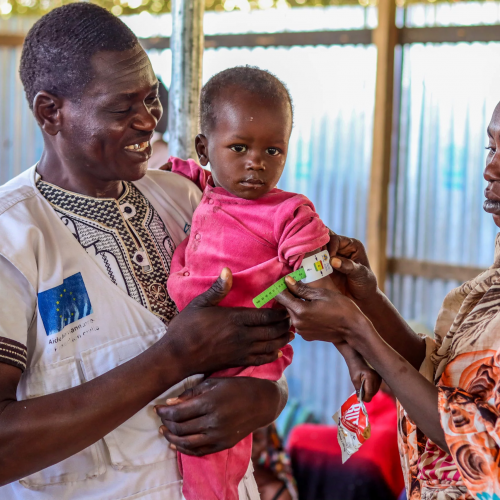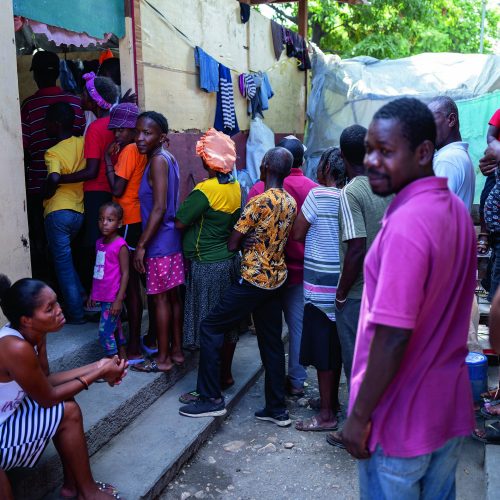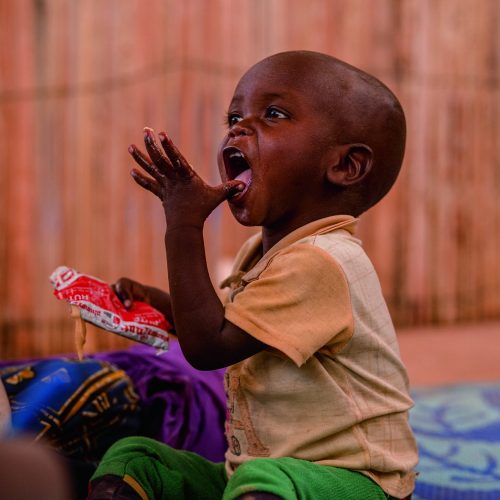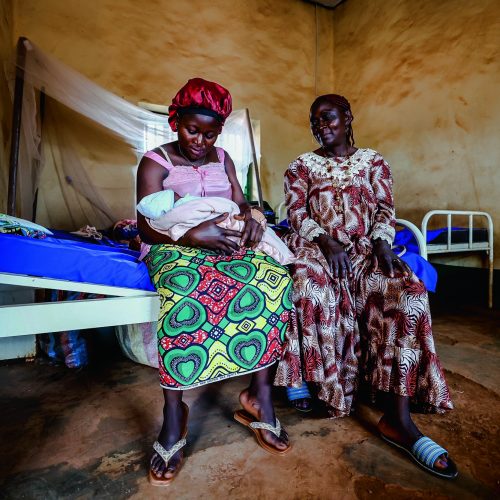DAKAR, Oct. 9, 2023 – Worldwide, almost 280 million people–or 3.8% of the global population–suffer from depressive disorders, according to the World Health Organisation (WHO). These disorders represent only a fraction of all mental health issues. The scale of the problem calls for greater effort and commitment on a global level.
While many Western countries now prioritize mental health (6-12% of health budgets in Europe and North America are dedicated to mental health), African countries allocate an average of less than 1% of their very limited health budgets. Medical humanitarian organization ALIMA–The Alliance for International Medical Action– advocates for urgent changes in mental health practices to better address the distress of communities across the continent.
Dr Jean-Pierre Atsoutse ALLEY, mental health specialist at ALIMA states:
“In crisis and emergency situations, communities are exposed to extreme stress and unprecedented violence, which can have a lasting effect on their mental health. In the Adré camp in eastern Chad, for example, ALIMA has been treating Sudanese refugees since the start of the conflict in their country in April 2023. Many of them have witnessed the massacre of their relatives, have been forced to leave their homes, suffered violence during their journey, and now find themselves in very precarious conditions. I remember a woman who came to us for gynecological care. She had witnessed the execution of her husband, given birth during her journey as she fled to safety, and then was sexually assaulted. Gynecological care is extremely important; but how can we expect this woman to regain her health if we don’t also provide her with mental health support?”
In the Adré camp, ALIMA provides the first level of psychological support through mental health workers, referring patients to a psychologist for the most complicated cases. More than 870 patients have been seen by ALIMA teams in Chad since April 2023, but according to estimates, nearly 40,000 people urgently need mental health care. Resources are insufficient, and the need for care is still not prioritized by donors and humanitarian actors.
Watch Dr Alley as he talks about the situation in the Sudanese refugee camp in Chad.
Putting mental health at the heart of the humanitarian response
The World Health Organization’s definition of health is clear: “Health is a state of complete physical, mental and social well-being and not merely the absence of disease or infirmity”. Mental health is considered, on paper, to be fundamental.
However, in many countries in Africa, where access to healthcare is generally limited, medical care is still very often limited to physical care. Acute or chronic malnutrition, epidemics, and the need to treat physical diseases is ever present. In this context, mental health and psychosocial support have long been underfunded in healthcare, including in humanitarian medical response.
In the field, ALIMA teams are seeing the need to integrate mental health and psychosocial support into their activities at a greater level. Since the beginning of 2023, more than 157,390 patients have been treated by 35 ALIMA psychologists and mental health workers. These health workers have been assisted by 1,565 community volunteers in all 13 countries where the organization works. Of these, 31,479 people–or 20%–were treated for chronic mental health problems or disorders.
More funding needed to meet urgent mental health challenges
Today, ALIMA is calling on donors to systematically consider the importance of mental health in their budget allocations, so that medical humanitarian organizations can better integrate it into their activities.
In crisis situations, as with humanitarian response in general, each organization intervenes according to its own mandate: some build shelters, others distribute food, others treat injuries or illness. Mental health care and psychosocial support remain all too rare, and they should be systematically integrated into project narratives and budgets.
Wherever possible, ALIMA includes a mental health component in its project proposals to funding partners. Unfortunately, when choices must be made to reduce costs, mental health funding is most often the work that is cut. Fortunately, some institutional donors have understood the reality and importance of the needs, and are willing to make a financial effort. This is to be applauded, but they are still rare.
Caring for our physical health is not enough. We must prioritize mental health care to give communities at risk of greater mental health burden a chance to rebuild their lives and envision the future.
Cover picture : © Seyba Keita / ALIMA

